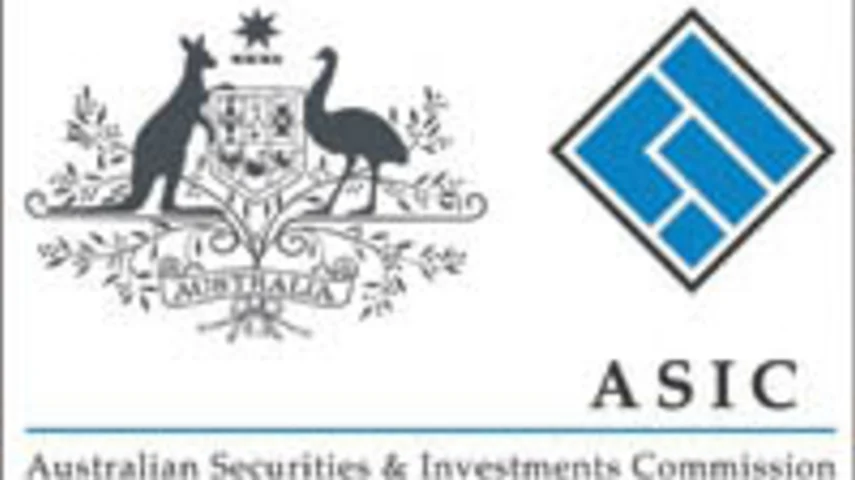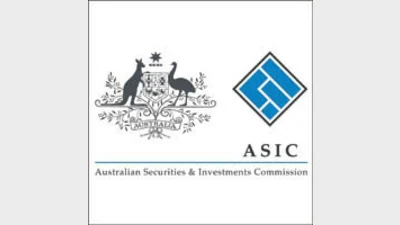ASIC needs cost-benefit analysis of actions



A Parliamentary Committee has been told the Australian Securities and Investments Commission (ASIC) should be more considerate of the time and resources its requirements place on businesses.
In a submission to the a Parliamentary Committee earlier this month the Rule of Law Institute of Australia (ROLIA) made specific reference to a lengthy questionnaire sent by the regulator to some of the largest Australian Financial Services Licensees (AFSLs) last year.
The committee was told the questionnaire comprised of a 812-question document which was issued to up to 30 of the largest institutionally owned and independent dealer groups under a Notice of Direction making completion compulsory.
The ROLIA told the committee that this reflected a particular use of ASIC’s coercive powers.
Pointing to the amount of time and resources that needed to be directed to the exercise, the ROLIA submission argued that ASIC should consider voluntary surveys first and should seriously test the costs and benefits of complex and onerous data collection.
The ROLIA evidence to the parliamentary committee referenced ASIC’s own data with respect to its use of coercive powers, saying the five most frequently used powers by ASIC over the period 1 July 2007 to 17 June 2010 were: Section 33 of the ASIC Act – notice to produce documents in person’s possession (6,984 occasions); Section 30 of the ASIC Act –notice to produce books about affairs of body corporate or registered scheme (5,687 occasions); Section 19 of the ASIC Act – notice requiring appearance for examination (3,354 occasions); Section 31 of the ASIC Act – notice to produce books about financial products(1,430 occasions); and Section 912C of the Act – direction to provide a statement (939 occasions).
Recommended for you
The central bank has released its decision on the official cash rate following its November monetary policy meeting.
ASIC has cancelled the AFSL of a Melbourne-based managed investment scheme operator over a failure to pay industry levies and meet its statutory audit and financial reporting lodgement obligations.
Melbourne advice firm Hewison Private Wealth has marked four decades of service after making its start in 1985 as a “truly independent advice business” in a largely product-led market.
HLB Mann Judd Perth has announced its acquisition of a WA business advisory firm, growing its presence in the region, along with 10 appointments across the firm’s national network.











